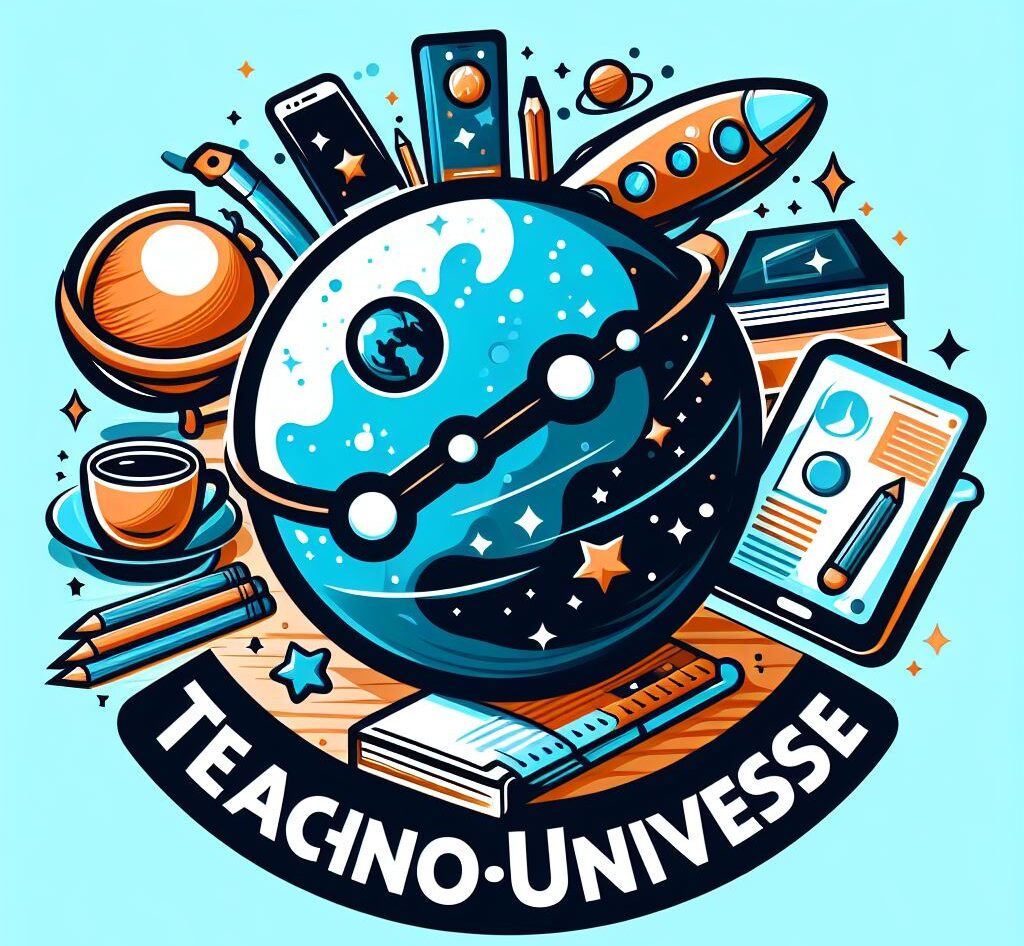In today’s digital age, social media has transformed the way we communicate, connect, and consume content. Among the many dynamics driving this transformation, influencers have emerged as a powerful force, reshaping the digital landscape and impacting various industries. This article explores the profound influence of social media influencers and their role in shaping the way we interact with brands, products, and each other.

The Rise of Social Media Influencers
Influencers are individuals who have gained a dedicated and substantial following on social media platforms due to their expertise, authenticity, and relatability. They come from diverse backgrounds, ranging from beauty and fashion enthusiasts to tech gurus, food critics, and travel adventurers. What unites them is their ability to connect with their audience on a personal level and their knack for creating engaging, relevant content.
The rise of influencers can be attributed to several factors:
1. Authenticity: Influencers often share their personal experiences and opinions, creating a sense of authenticity that consumers find relatable and trustworthy. This authenticity stands in contrast to traditional advertising, which can sometimes feel forced or insincere.
2. Niche Expertise: Influencers often specialize in specific niches, allowing them to offer in-depth knowledge and recommendations that resonate with their target audience. This niche expertise is invaluable in guiding consumer choices.
3. Engagement: Social media influencers actively engage with their followers through comments, likes, and direct messages, fostering a sense of community and connection. This engagement keeps their audience invested in their content and opinions.
4. Visual Storytelling: Influencers excel at visual storytelling, leveraging the power of images and videos to convey their messages effectively. They craft aesthetically pleasing and compelling content that captures the audience’s attention.

Influencers and Brand Partnerships
The symbiotic relationship between influencers and brands has become a defining feature of modern marketing strategies. Brands recognize the immense potential of influencers to reach their target demographics authentically and efficiently. Influencers, in turn, leverage brand partnerships to monetize their platforms while maintaining credibility.
1. Product Endorsements: Influencers regularly feature products in their content, providing reviews, tutorials, and endorsements. These endorsements have the potential to drive sales and shape consumer perceptions.
2. Collaborative Campaigns: Brands collaborate with influencers on marketing campaigns, co-creating content that aligns with the influencer’s style and the brand’s values. This synergy helps expand the brand’s reach and resonate with the influencer’s audience.
3. Influencer Marketing: Influencer marketing involves brands compensating influencers for promoting their products or services. It’s a mutually beneficial arrangement where influencers monetize their reach, and brands leverage the influencer’s credibility.
Impact on Consumer Behavior
The influence of social media influencers on consumer behavior cannot be overstated:
1. Purchase Decisions: Studies have shown that a significant percentage of consumers make purchase decisions based on influencer recommendations. When an influencer endorses a product, their followers often view it as a trusted endorsement.
2. Brand Loyalty: Influencers have the ability to create long-lasting brand loyalty. When followers identify with an influencer’s values and preferences, they are more likely to remain loyal to brands that the influencer supports.
3. Trendsetting: Influencers are trendsetters. They introduce their audience to new products, fashion styles, travel destinations, and more. This trendsetting quality makes influencers instrumental in shaping popular culture.
4. Educational Content: Influencers often create educational content, offering insights and guidance in their respective niches. This educational aspect not only informs consumers but also empowers them to make informed choices.

The Responsibility of Influence
While influencers wield significant power, they also bear a responsibility to use their platform ethically and responsibly. This includes transparently disclosing brand partnerships, promoting authentic content, and being mindful of the influence they have on impressionable audiences.
In conclusion, the power of social media influencers in today’s digital world is undeniable. They bridge the gap between brands and consumers, shape purchasing decisions, and drive trends. As social media continues to evolve, influencers will play an increasingly central role in how we engage with content, make choices, and connect with the world around us. It’s a testament to the transformative potential of technology and the enduring influence of human connection.

